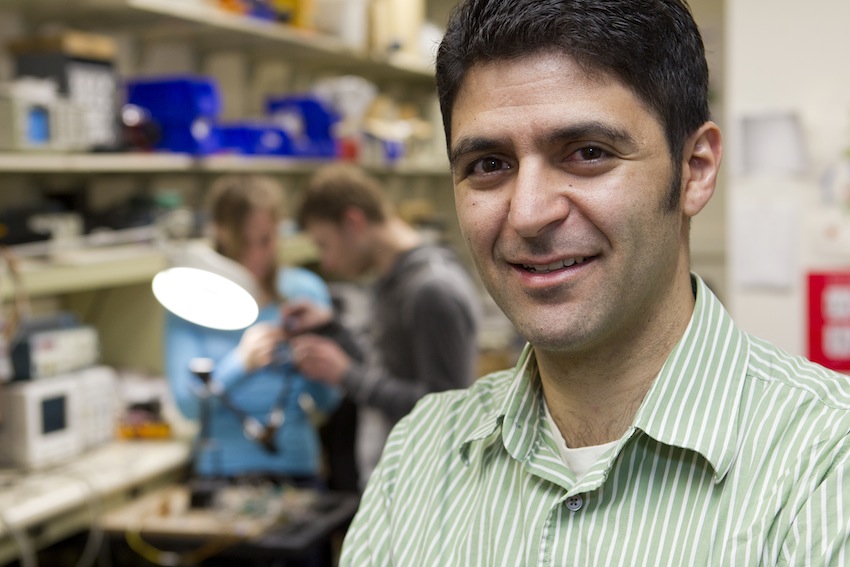With a grant of $1 million, the federal government is the single biggest supporter of the University City Science Center‘s QED, the four-year-old program that funds local university research in hopes of getting professors’ work to market. QED has raised $2.4 million to date from federal, city and state government funds, as well as private sector funds
QED has awarded $3.6 million in grants to researchers. This number includes the universities’ matching award, since every university that receives a QED grant must match it. An initiative launched under Science Center president Steve Tang, it’s the only program in the area that focuses on funding university research in New Jersey, Pennsylvania and Delaware. It also offers business guidance to its awardees. Find the most recent QED awards here.
Below, find a breakdown of QED funding. Every funding source, except for the City of Philadelphia’s Philadelphia Industrial Development Corporation, invested in the program in the form of a grant, meaning it doesn’t expect any return on its investment. The City of Philadelphia will be repaid from its share of successful QED projects.
William Penn Foundation: $300,000
Philadelphia Industrial Development Corporation: $500,000
Pennsylvania Department of Community and Economic Development: $500,000 — $400,000 through the Ben Franklin Technology Development Authority and $100,000 through the Discovered and Developed in PA program
Wexford Science and Technology: $200,000
In early 2012, Tang said he hoped to raise $20 million for the QED program to make it sustainable. He also testified this fall at a U.S. Senate hearing saying that the Science Center should be allowed to apply for federal research grants.
Join our growing Slack community
Join 5,000 tech professionals and entrepreneurs in our community Slack today!
Donate to the Journalism Fund
Your support powers our independent journalism. Unlike most business-media outlets, we don’t have a paywall. Instead, we count on your personal and organizational contributions.

National AI safety group and CHIPS for America at risk with latest Trump administration firings

Immigration-focused AI chatbot wins $2,500 from Temple University to go from idea to action

How women can succeed in male-dominated trades like robotics, according to one worker who’s done it



